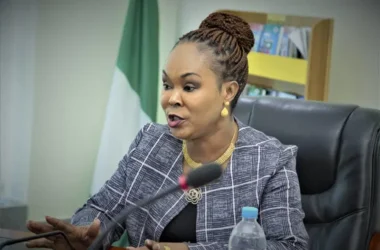The Trump administration is implementing massive job cuts at the U.S. Agency for International Development (USAID), reducing its global workforce to just a few hundred employees. Reports indicate that the agency’s staff will be downsized from over 10,000 workers worldwide to around 290, with the cuts set to take effect this weekend.
The New York Times, citing three sources familiar with the situation, noted that the move is part of President Donald Trump’s broader plan to reshape USAID. National Public Radio (NPR) reported that U.S. Secretary of State Marco Rubio had initially reviewed a list of approximately 600 employees considered essential but ultimately approved fewer than 300 to remain.
This decision follows a funding freeze that President Trump put in place last month while conducting an internal review. The freeze impacted several global aid initiatives, further limiting USAID’s operations. The agency, one of the world’s largest providers of humanitarian assistance, plays a vital role in delivering aid to developing nations and regions affected by crises.
Trump has been vocal in his criticism of USAID, claiming that it is controlled by individuals opposing his “America First” foreign policy. This week, the U.S. government confirmed that a significant number of USAID employees would be placed on administrative leave starting Friday night.
A statement on USAID’s official website notes that all “direct-hire personnel” across the agency’s global offices will be affected, except for those deemed essential. Affected employees are set to receive notifications just one day before the leave takes effect.
Currently, USAID employs about 10,000 people, with two-thirds stationed outside the United States. Last year, the agency managed an estimated $50 billion in development aid projects. The New York Times reported that after the cuts, the remaining workforce will focus primarily on health and humanitarian assistance.
The sharp reduction in personnel is expected to significantly impact USAID’s ability to carry out its mission. International development experts and humanitarian organizations have raised concerns that these cuts could weaken U.S. efforts to support vulnerable populations worldwide. Many fear that critical programs in health, education, and economic development will suffer as a result.
In the U.S., federal laws and regulations govern how agencies like USAID operate. While the executive branch has authority over management decisions, large-scale workforce reductions could face legal challenges.
The Antideficiency Act and other related laws restrict agencies from spending beyond their allocated budgets, meaning prolonged freezes or mass layoffs could lead to compliance issues.
Additionally, since Congress controls USAID’s funding, lawmakers may intervene through legislative measures or hearings, particularly if these cuts jeopardize long-standing commitments to foreign aid.










